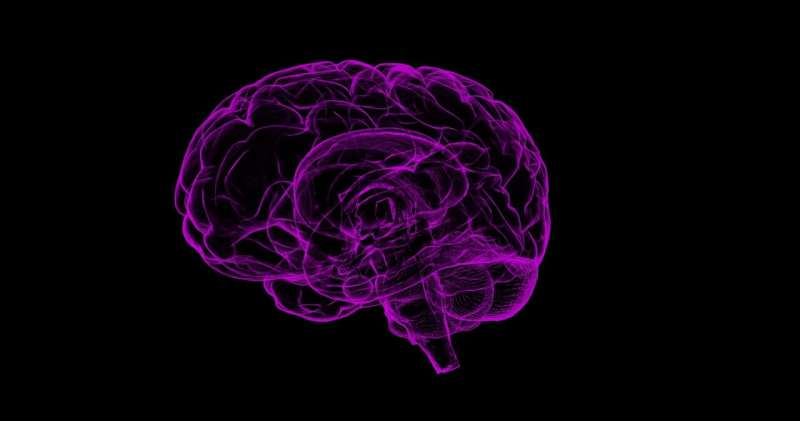Brain scans help unravel the neurobiology of functional neurological (conversion) disorder

An investigation led by a team of researchers from the Massachusetts General Hospital (MGH) departments of Neurology, Psychiatry and Radiology has found altered connectivity among brain regions that handle sensorimotor, emotional and cognitive signaling in patients with functional neurological disorder, a common condition involving neurologic symptoms that have no readily apparent physical cause. Their report has been published online in the Journal of Neurology, Neurosurgery and Psychiatry.
"The mechanistic understanding of functional neurological disorder is in its infancy compared to other major neurologic or psychiatric conditions," says David Perez, MD, MMsc, of the MGH Departments of Neurology and Psychiatry, who leads the hospital's Functional Neurology Research Group, and is co-senior author of the current paper. "Our previous work found that structural changes in the insula—a brain structure that may be involved with self- and emotional awareness—correlated with physical disability in patients with functional neurological disorder. In this study we also were able to demonstrate a similar correlation of symptom severity with the flow of information between the left insula and other areas involved in awareness and bodily perceptual processing."
Functional neurological disorder (FND) involves symptoms such as tremors, weakness, seizures, and trouble walking that cannot be explained by traditional neurologic diagnoses. Previously believed to be the result of patients' converting emotional distress into physical symptoms—leading to the name 'conversion disorder' - FND has been shown by Perez's team and others to involve altered activity of brain structures involved with emotional processing and motor control. The current study was designed to investigate precisely how communication is changed between these structures in patients with FND and how patterns of brain activity relate to symptom severity.
To do so, the research team used an MRI-based approach developed by co-senior author Jorge Sepulcre, MD, Ph.D., DMSc, of the Gordon Center for Medical Imaging at MGH, to examine the functional connectivity—a measure of the coupling and coordination of neural signals—between brain structures involved in processing emotional or motor signals and a set of areas called the multimodal integration network, which Sepulcre and others have previously characterized as integrating sensorimotor, cognitive and emotional information.
The results of the study, which compared 30 patients with FND to 30 healthy controls, indicated increased connectivity between motor regions and several portions of the multimodal integration network among FND patients. Not only did symptom severity correlate with increased connectivity between specific network structures, but the study revealed—for the first time—that increased coupling between the insula and the amygdala, a structure key to emotional processing, correlated with improved response to treatment.
"While this is an early study that warrants replication, it is an important advance in bridging the gap between understanding the biology of FND and improving the lives of patients with this disorder," says Perez, an assistant professor of Neurology at Harvard Medical School (HMS). "As a next step, we are planning to collect brain scan data taken before and after patients are treated, which should allow us to more closely examine structural and functional brain changes that relate to clinical improvement."
More information: Ibai Diez et al, Corticolimbic fast-tracking: enhanced multimodal integration in functional neurological disorder, Journal of Neurology, Neurosurgery & Psychiatry (2019). DOI: 10.1136/jnnp-2018-319657

















